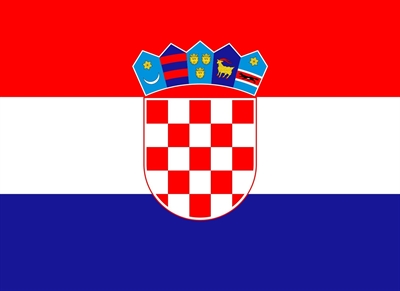Croatia - Committee Against Torture LOIPR - Violence Against Women - October 2016
Country: Croatia
Type: Intl Mechanism Submission
Issues: Gender-Based Violence, International Advocacy, Privacy, Torture, Women's Rights
Mechanism: UN Committee Against Torture
Report Type: List of Issues Prior to Reporting
Croatia’s Compliance with the Convention against Torture and Other Cruel, Inhuman or Degrading Treatment or Punishment, Suggested List of Issues Prior to Reporting Related to Domestic Violence in Croatia, 59th Session of the Committee against Torture (Pre-Sessional Working Group) (7 November 2016 to 7 December 2016)
Partner: Autonomous Women’s House Zagreb
The Advocates for Human Rights and Autonomous Women's House Zagreb (AZKZ) submitted a joint follow-up report in response to the Concluding Observations made in the 113th Session of the UN Human Rights Committee regarding Croatia's failure to comply with the International Covenant on Civil and Political Rights as it applies to violence against women.
The government of Croatia has failed to ensure women's rights to life and security of person, protection against arbitrary interference with privacy, family, and home; and protection from torture. The Human Rights Committee expressed concern over the "insufficient number of shelters for victims of domestic violence" and strongly recommended increased availability of shelters with adequate resources. In order for shelters to receive a license to provide social services and obtain government funding, current Croatian law requires government inspections of safe house premises, thus exposing confidential locations and creating security risks for women and children residing in the safe houses. Women have reported that they do not feel safe because the safe houses' addresses are public information.
These requirements will likely force closure of a shelter managed by AZKZ - the only remaining confidential shelter of its kind in Croatia - due to the loss of critical government funding. As a uniquely protected safe house, AZKZ often provides refuge for women at the highest risk of violence. Although AZKZ has proposed multiple, reasonable alternatives to allow effective government evaluation without compromising the shelter's secret address, Croatia's Ministry of Social Policy and Youth denied AZKZ licensure for its shelter. In this denial, the government of Croatia refused to protect thousands of women and children.
The Advocates and the AZKZ suggest several questions that the Human Rights Committee should ask the government of Croatia in order to address proper protection of women and children's rights.




